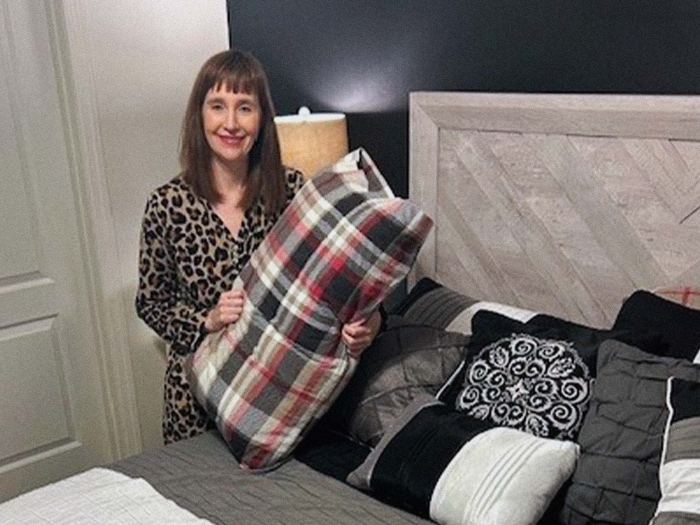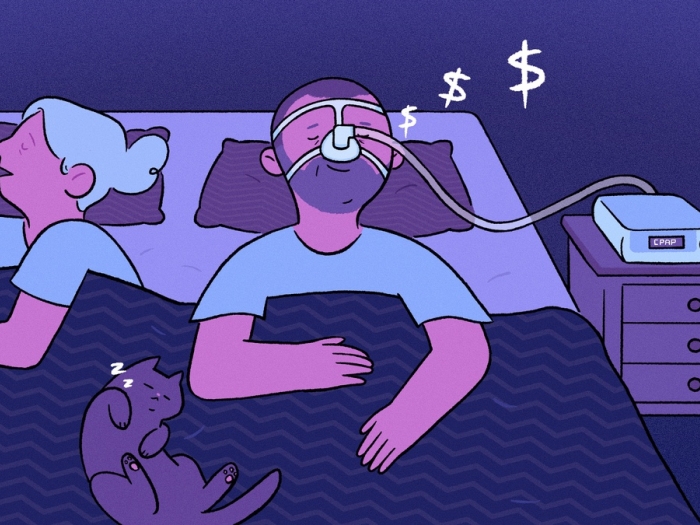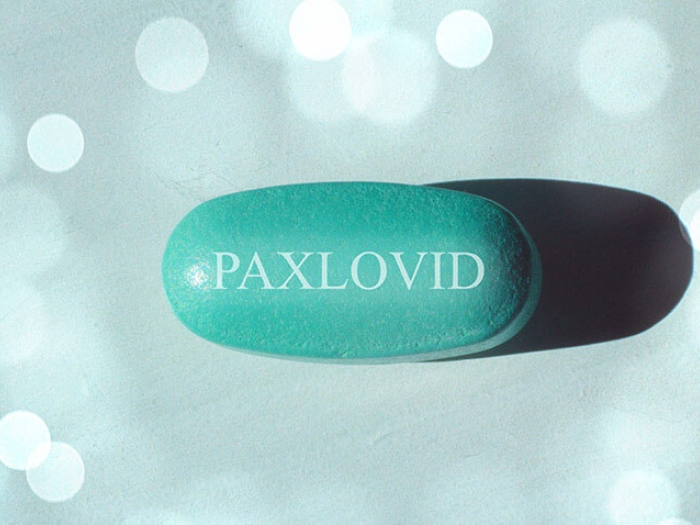A Michigan Medicine clinic helps sleep apnea patients evaluate alternatives to CPAP therapy, including a surgical procedure that repositions the jaw. One patient shares his experience.
7:00 AM
Author |
John Sonnichsen's troubles came at night.
"I guess it all started in 2009, when my snoring and restlessness began to keep my wife awake," recalls Sonnichsen. "I saw my doctor and complained about feeling tired most all the time."
MORE FROM MICHIGAN: Sign up for our weekly newsletter
After an initial sleep study, he was told he had obstructive sleep apnea, or OSA.
The enemy of health-restoring sleep, OSA affects more than 18 million Americans. It occurs when the walls of the throat collapse and cause breathing to stop repeatedly during sleep.
And it's more than a nuisance: OSA can pose significant health dangers, including an increased risk of stroke, heart attack and earlier death. It can also complicate other serious medical conditions.
Because Sonnichsen's OSA was considered mild, doctors first recommended that he increase his physical exercise. When his symptoms didn't improve, a follow-up study several years later confirmed that his condition wasn't mild but in fact severe.
"I knew I had to do something," says Sonnichsen, who is 45 and lives in Ypsilanti, Michigan. "Even after a full night's sleep, I had to stop for a nap midway through the 50-mile commute from my home to my office."
Like most OSA patients, Sonnichsen was fitted for continuous positive airway pressure (CPAP) equipment. CPAP uses a machine and mask to provide air at a higher pressure to the throat, keeping it open during sleep.
A surgical option
CPAP can be life-changing for many people.
Sonnichsen wasn't so lucky. "I gave it a good try for about two years. Once I got past the 'I hate this thing' phase, I did get some relief," he says, "but I never really got used to it or felt like it was really helping."
SEE ALSO: 10 Alternatives to CPAP for Treating Obstructive Sleep Apnea
Over time, he considered the treatment more of a burden, especially keeping the CPAP machine clean and taking it along when he traveled.
Then, Sonnichsen heard about the Michigan Medicine Alternatives to CPAP Clinic, a specialized multidisciplinary clinic for patients who cannot tolerate CPAP treatment.
After consulting with a team of specialists and doing his own research, he decided to pursue the recommended course of action: a surgical option called maxillomandibular advancement.
The procedure, which moved Sonnichsen's upper and lower jawbones forward, was performed in 2015 by Michigan Medicine oral and maxillofacial surgeon Sharon (Ron) Aronovich, D.M.D.
Recovery and rebound
Sonnichsen is quick to say that the surgery was "no walk in the park." It required a three-night hospital stay and temporarily caused significant facial swelling ("enough to make my 6-year-old cry").
For eight weeks after the surgery, Sonnichsen's jaw was supported by guiding elastics with a dental arch bar system. "Arch bars are similar to orthodontic brackets," explains Aronovich. "They allowed us to rehabilitate his bite and jaw function by guiding his jaw muscles over time."
Other temporary setbacks also occurred.
"I didn't experience too much pain from the surgery," Sonnichsen recalls, "but in the weeks following, I was unable to eat solid food, and it was difficult to speak." Temporarily limiting his diet to liquid and pureed food allowed the jawbones to heal.
Still, the improvement in his sleep was profound.
"Prior to the surgery, a sleep study indicated that John's sleep was being interrupted 32 times per hour by apnea," says Aronovich. "His post-surgery study indicated less than five interruptions per hour when sleeping on his back — and none when sleeping on his side."
Notes Sonnichsen: "My sleep is definitely more restful now. I no longer feel the need to take naps to get through the day."
Potential risks
Mandibular advancement is not without long-term drawbacks that doctors and patients must weigh.
SEE ALSO: 5 Signs You Could Be at Risk for Obstructive Sleep Apnea
Despite curing his OSA, the procedure slightly altered the shape of Sonnichsen's face. There is some lingering numbness, and he sometimes has difficulty speaking clearly.
"Although speech is not usually altered permanently by the procedure," Aronovich says, "potential outcomes like this need to be considered carefully before going forward with the procedure."
The benefits should be, too.
"Overall, it was the right choice for me," Sonnichsen says. "Sure, I wanted to sleep better and stop snoring, but my main concern was avoiding the really serious health risks of apnea."

Explore a variety of health care news & stories by visiting the Health Lab home page for more articles.

Department of Communication at Michigan Medicine
Want top health & research news weekly? Sign up for Health Lab’s newsletters today!





